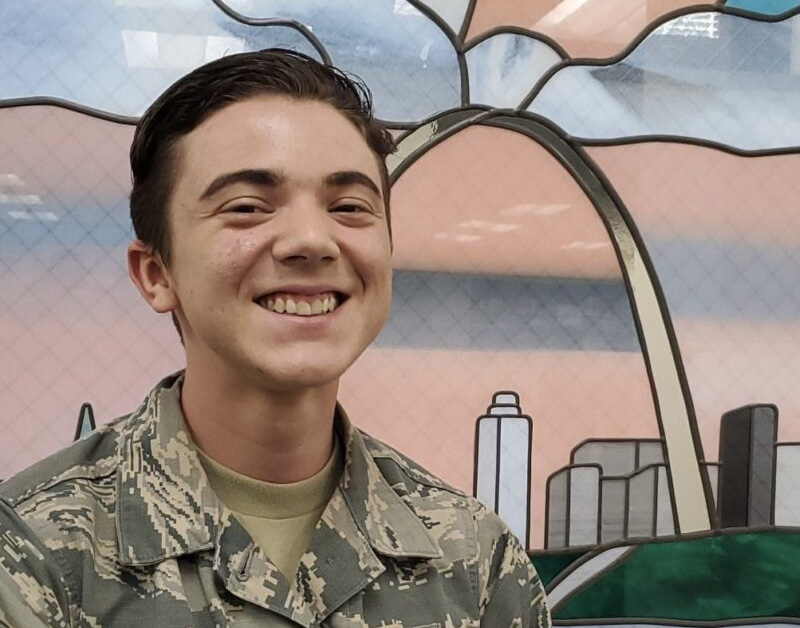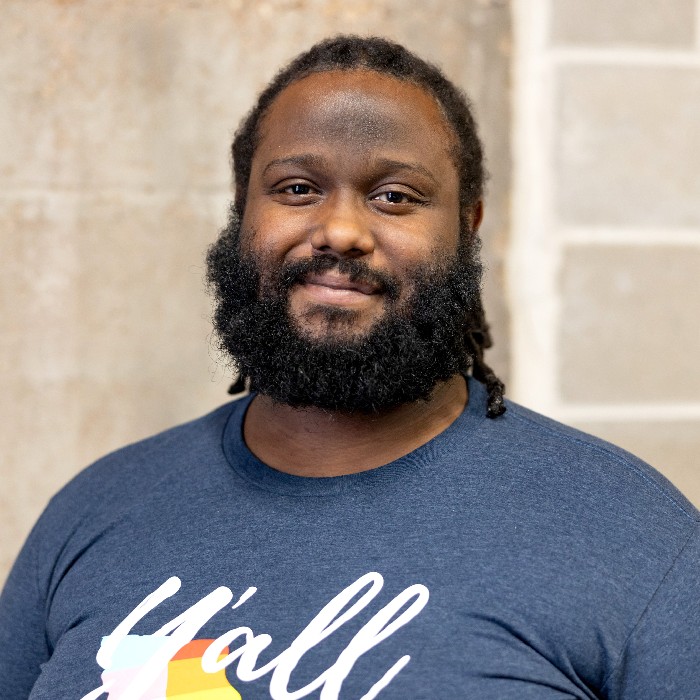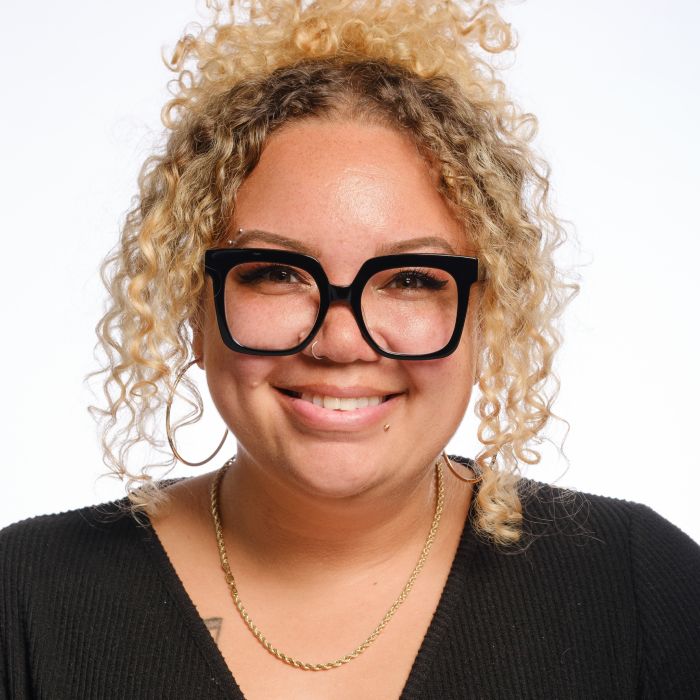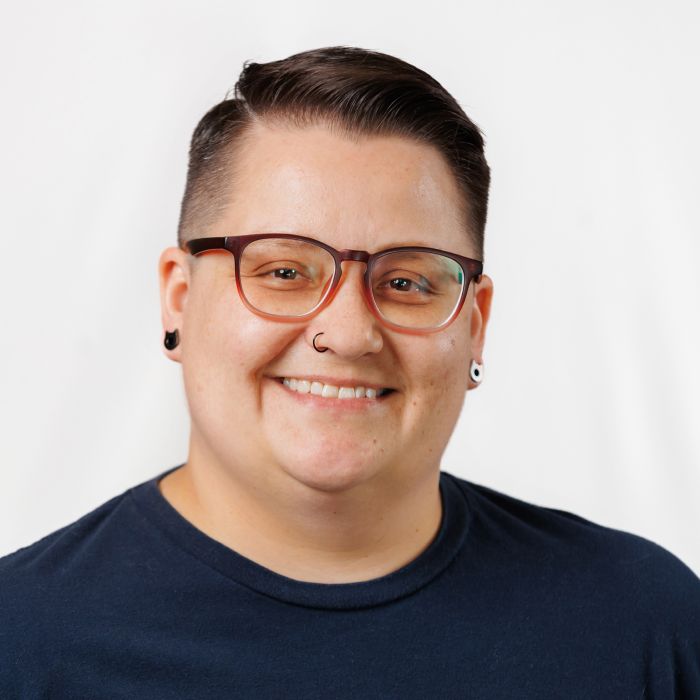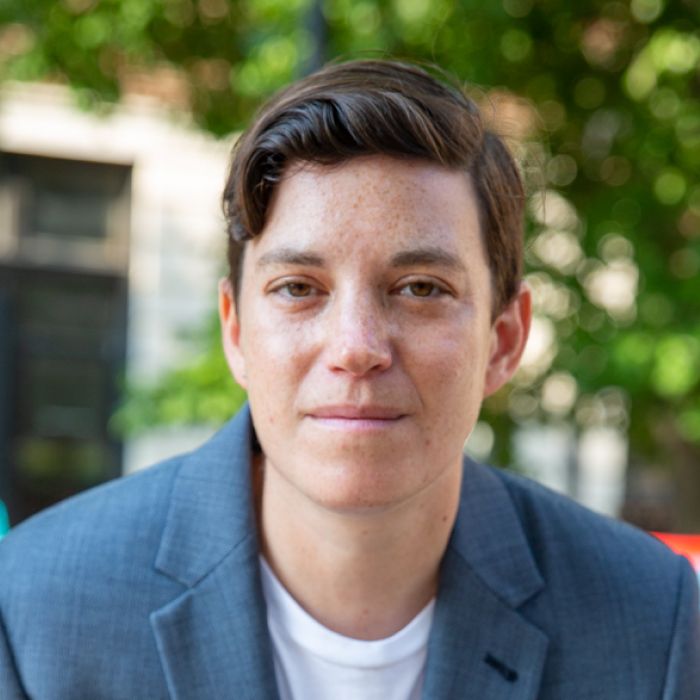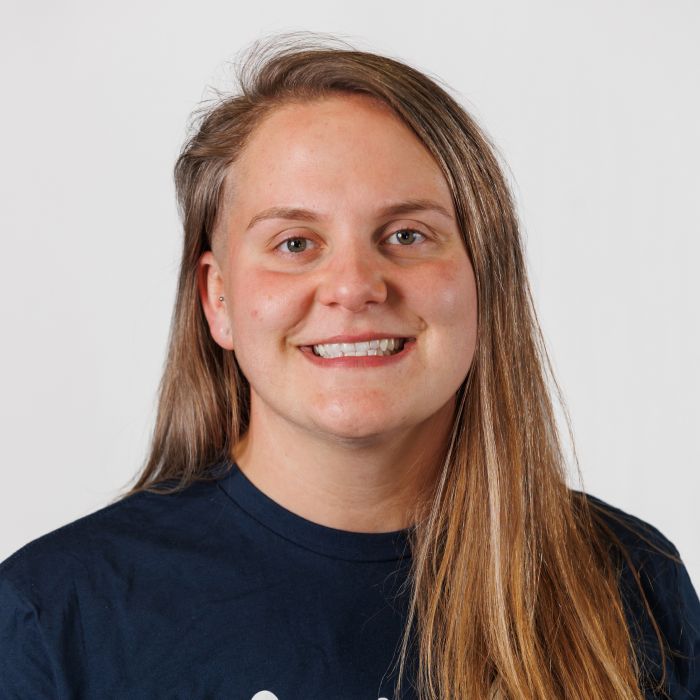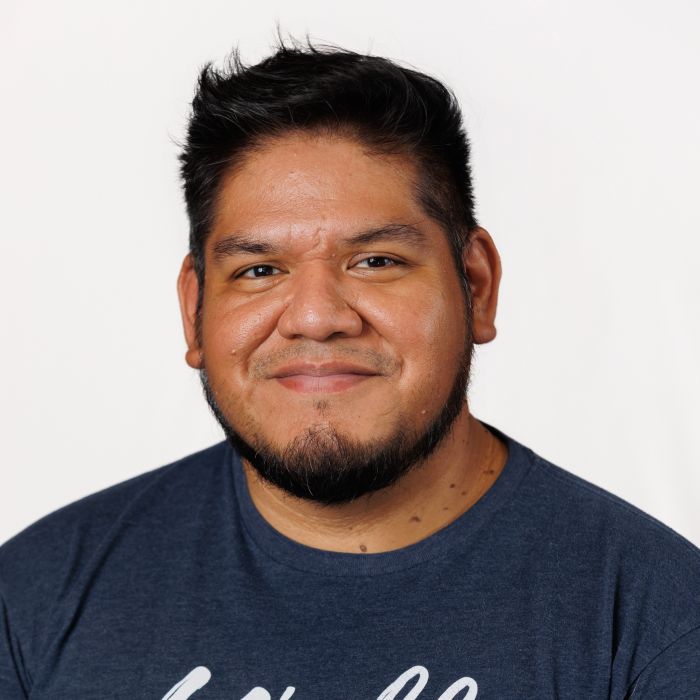Elliot: The Importance of Celebrating Yourself
A couple years after I started hormone replacement treatment and went to college, someone told me that, upon meeting me and becoming my friend, I helped them realize that they can both be transgender and live an “average” life. They said that this influenced them to begin their own transition. It was a strange comment, but not one I misunderstood. After all, was it possible to be transgender and, at the minimum, to be okay? A few years prior, I was wondering the same thing.
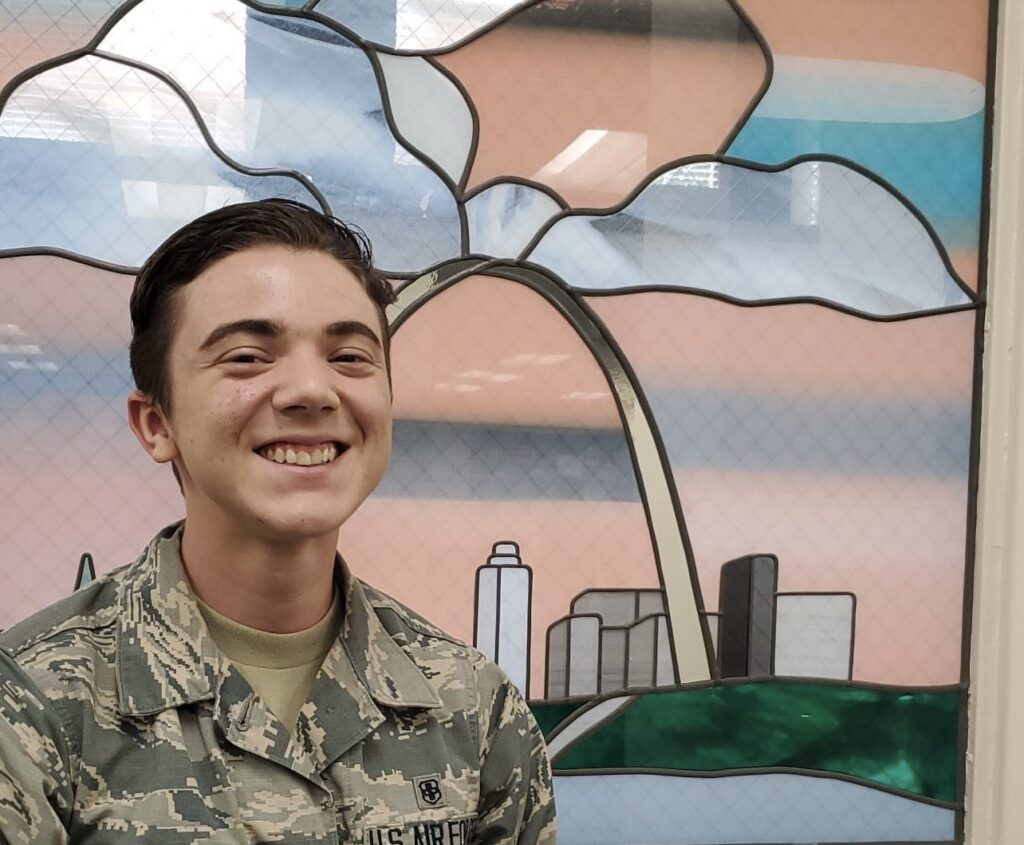
Before I came out to my mother, I told the Chief Master Sergeant of my unit. I served as a reservist from 2016 to 2022, from the ages of 17 to 23. In January of 2018, after several months of googling phrases such as “how do you know if you are transgender” and “what is genderfluid” and “how to start hormone replacement therapy”, I visited a gender therapist and realized what I needed to do. I didn’t know any other people who had transitioned medically. Everything I learned was from the internet, and I routinely questioned what I was doing, if this was the right choice, if I was sure. Everyone else around me asked the same questions too. With three years left of my military contract, when I came out as a transgender man, it didn’t feel like a cause of celebration. It felt like a death sentence.
Still, with pushback from some of my fellow servicemembers, confusion and questions from my family, I started HRT on Good Friday of that year. The military wasn’t sure what to do with me (to be fair, I hardly knew what to do with myself either), and I was suspended on medical grounds for five months. When I was allowed to return, my mobility was restricted. I wasn’t able to be deployed due to a ‘medical defect’ that would be printed on my record until my contract was fulfilled. Being transgender became a limitation. I was known by higher ups at the Air Force Base, by commanders and doctors who I would otherwise never have met, due to being the only known genderqueer person in my unit. I wanted to hide, to keep my head down, but I was unable to. I was known for not what I could offer, for not what I could bring to the service, but for what (not who) I was.
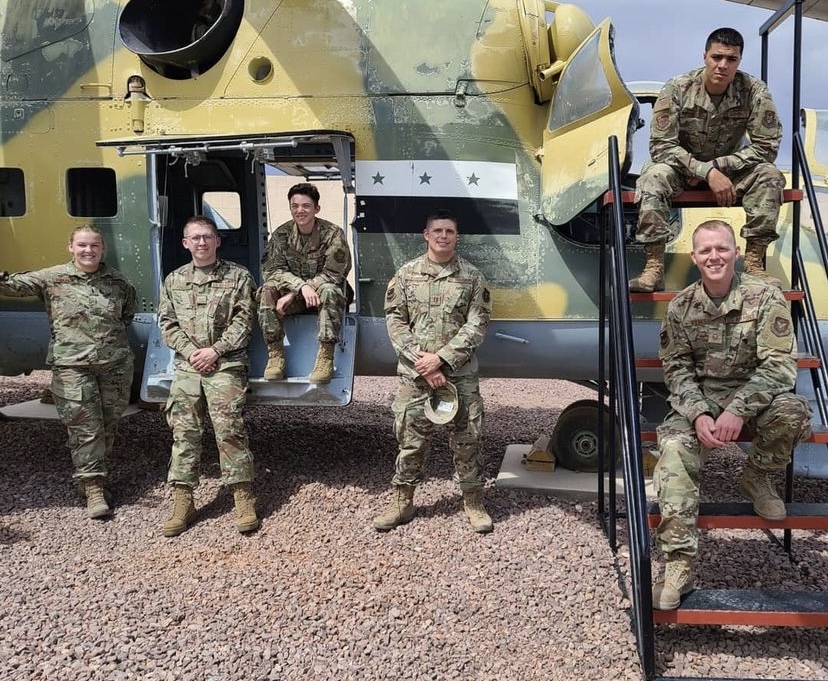
Flash forward through voice drops, acne breakouts, weight gain, indecisive name switching, and new wardrobe struggles, I moved to St. Louis County to work towards my bachelor’s degree.
I met a lot of transgender people; I think they were right when they said LGBTQ+ people somehow gravitate towards each other. Some had come out before moving out to college, like me. Some revealed themselves later on. I had late night conversations as friends admitted that they had been thinking about gender recently, and I told them what it was like when I first started questioning. I recommended my doctor to friends because I had an empowering and affirming experience with them. I was asked by faculty to speak at conferences regarding my journey being an out trans man. I answered private questions as friends shyly asked about the more under discussed parts of transition. I’ve helped two people give themselves their first injection of testosterone.
I’ve celebrated new names, coming outs, pronoun changes, and ushered people to their first PRIDE. I’ve watched friends struggle with family issues, name change paperwork, doctor appointments.
But I got to be there with them, reminiscing on what we’ve both been through.
And, sometimes, it’s bittersweet. I remember how lonely this experience can feel. How all-consuming it can be. There is no right way to transition. There’s no one path, no step-by-step instructions, no matter how much we may wish it could be.
In my opinion, it’s not supposed to be done alone. It’s a personal journey, but it’s a celebration. Dress up for coming out anniversaries, pop a bottle when the new driver’s license arrives, host a gender reveal party. Commemorate being who you are and showcase to others who may be in a place of fear and uncertainty that realizing you are trans, or nonbinary, or any form of genderqueer doesn’t have to be a tragedy. Let us celebrate you with you. We’re happy you’re with us.
